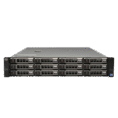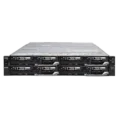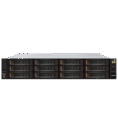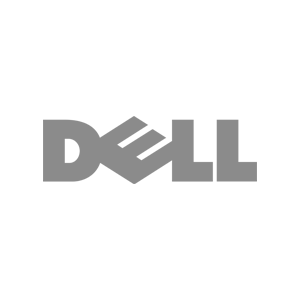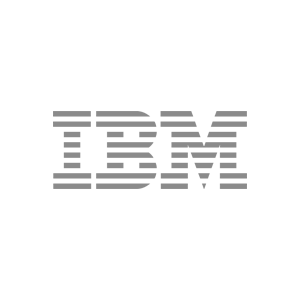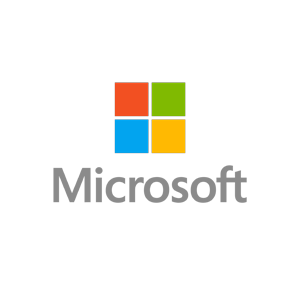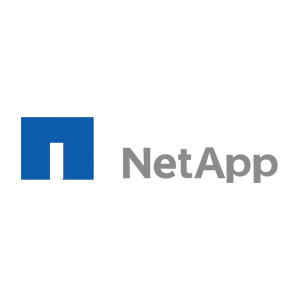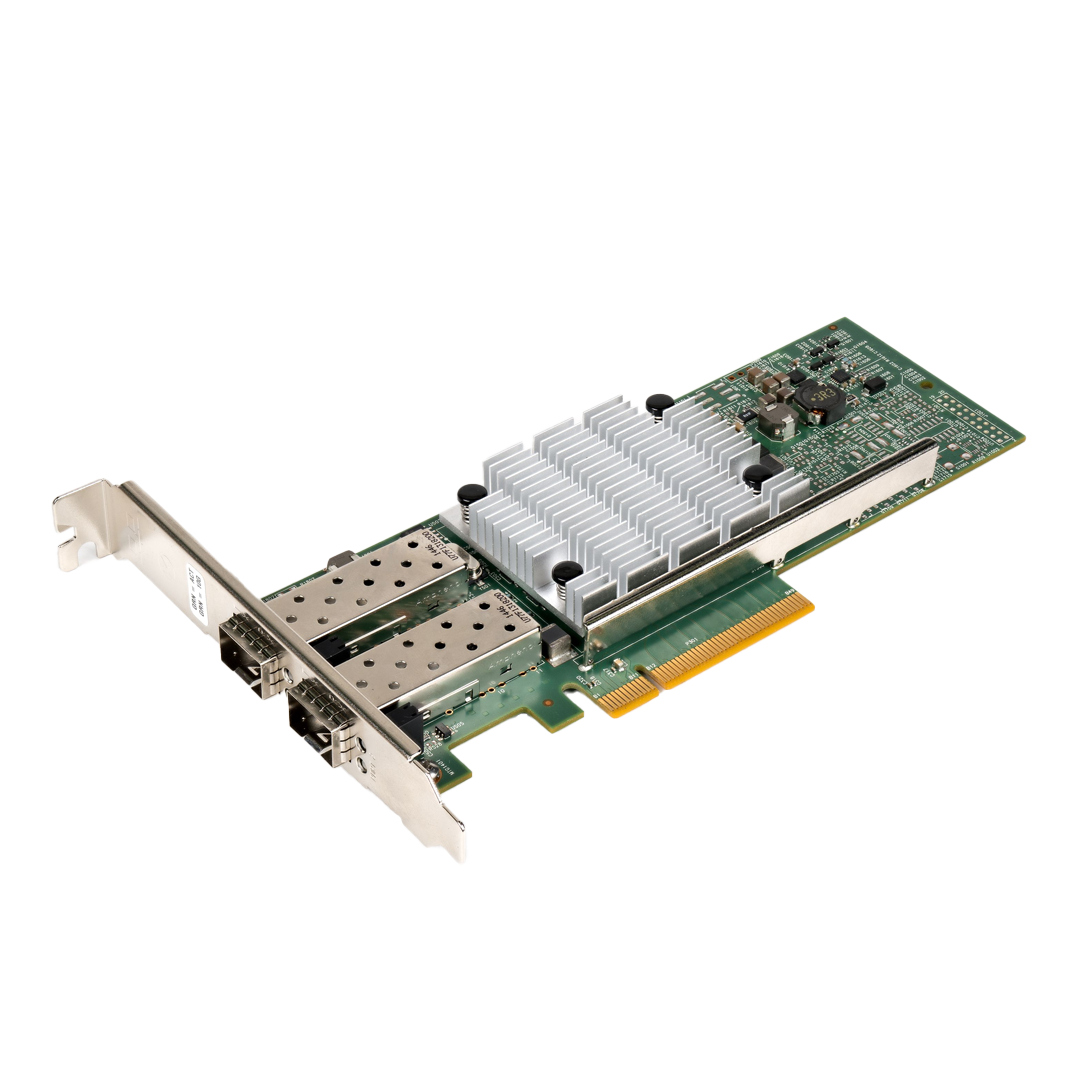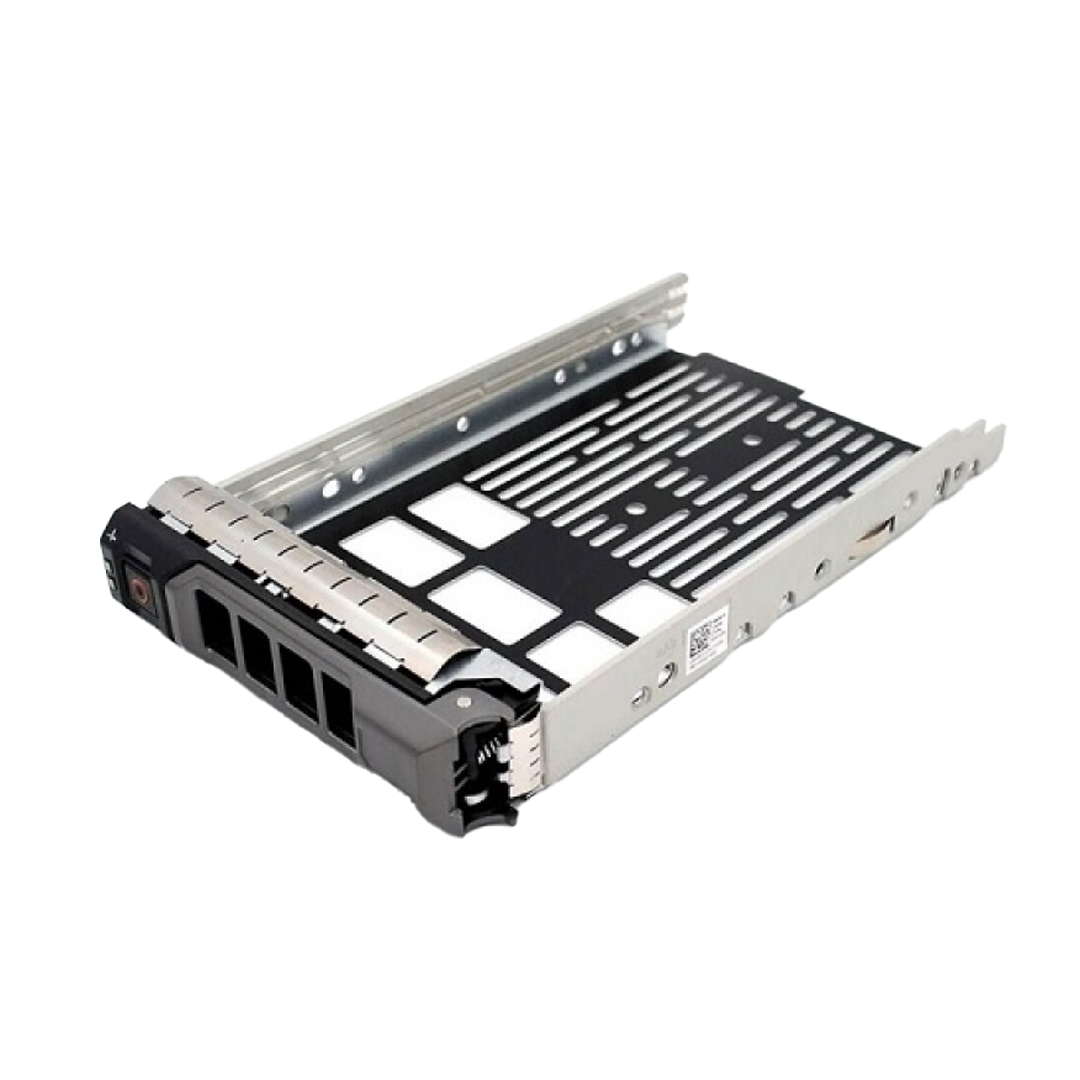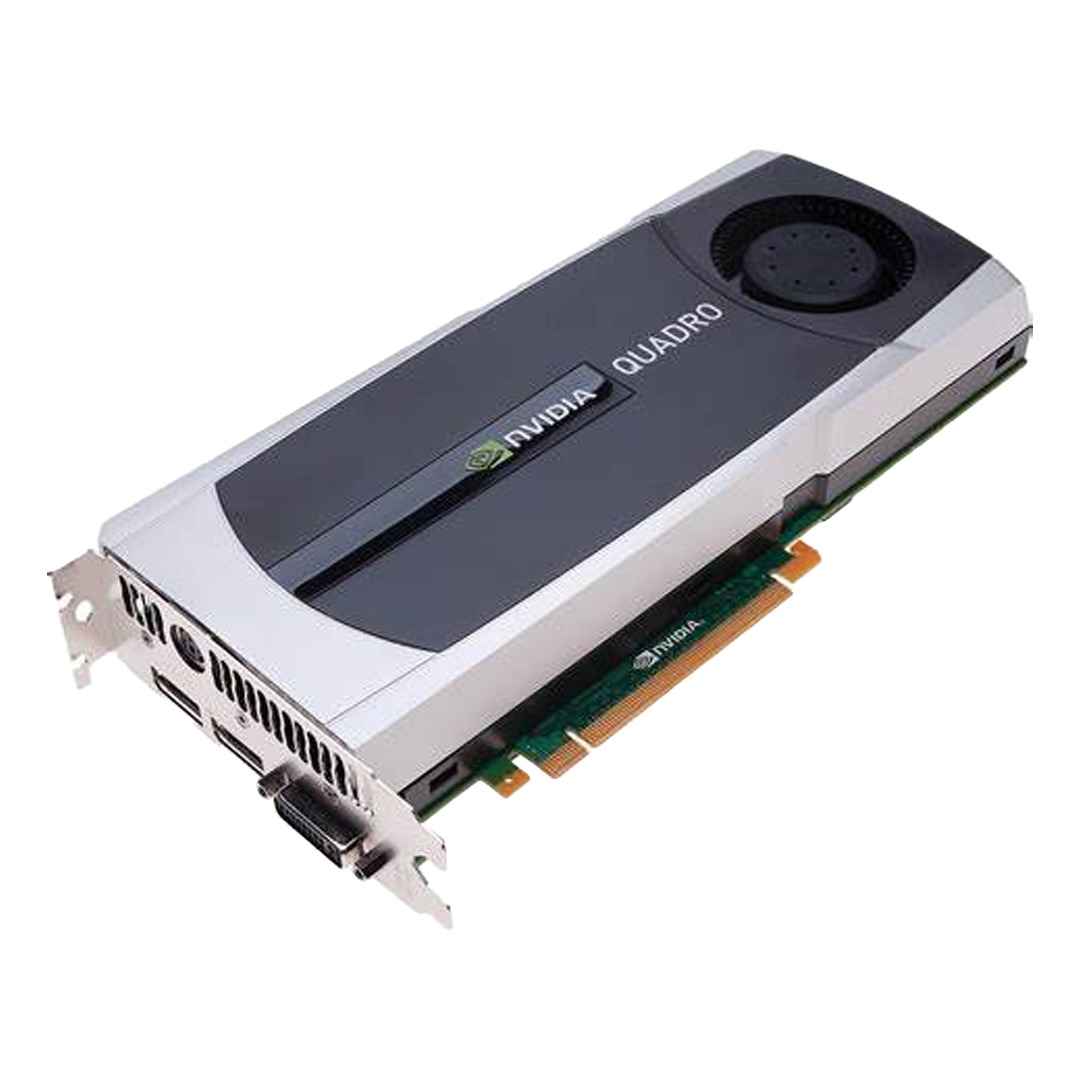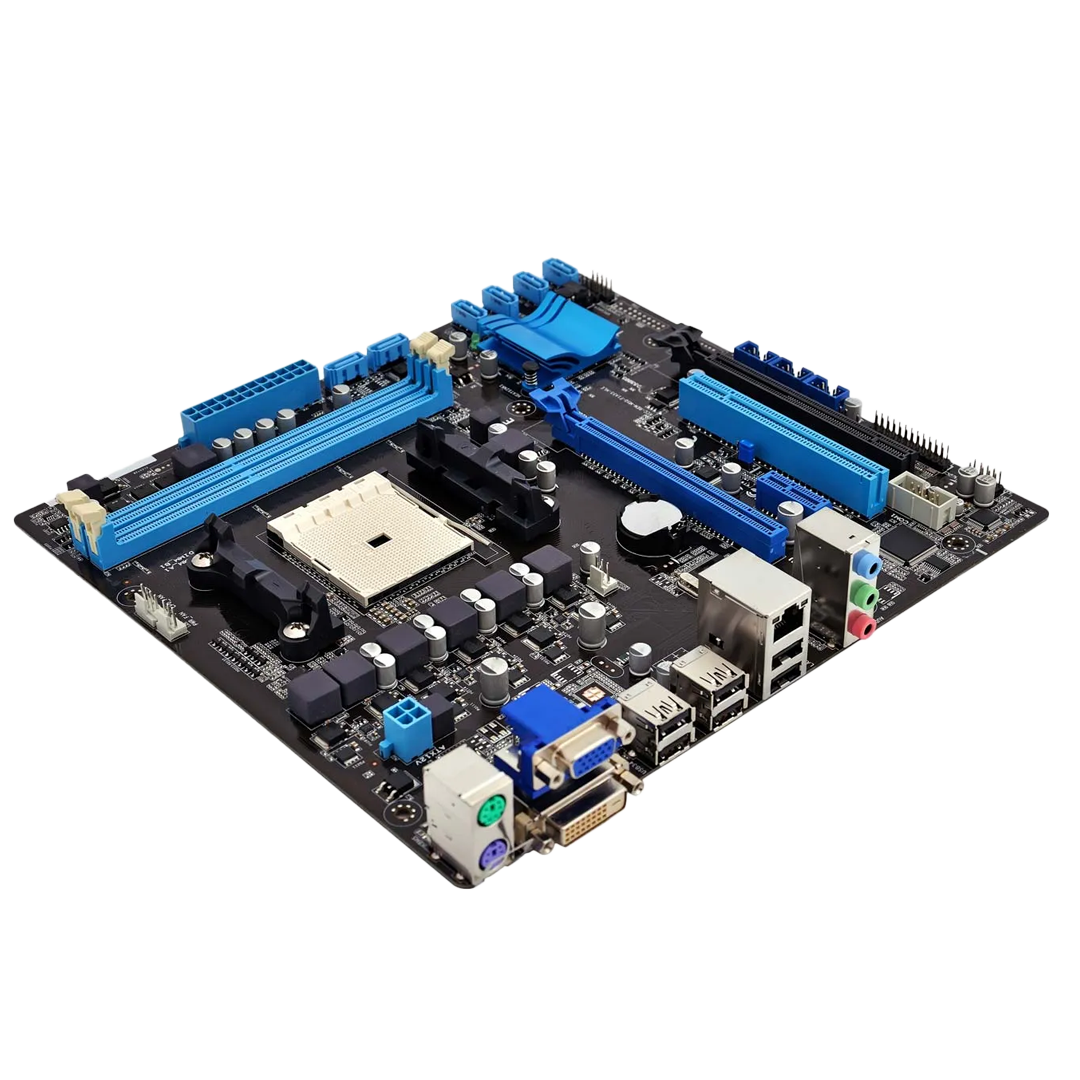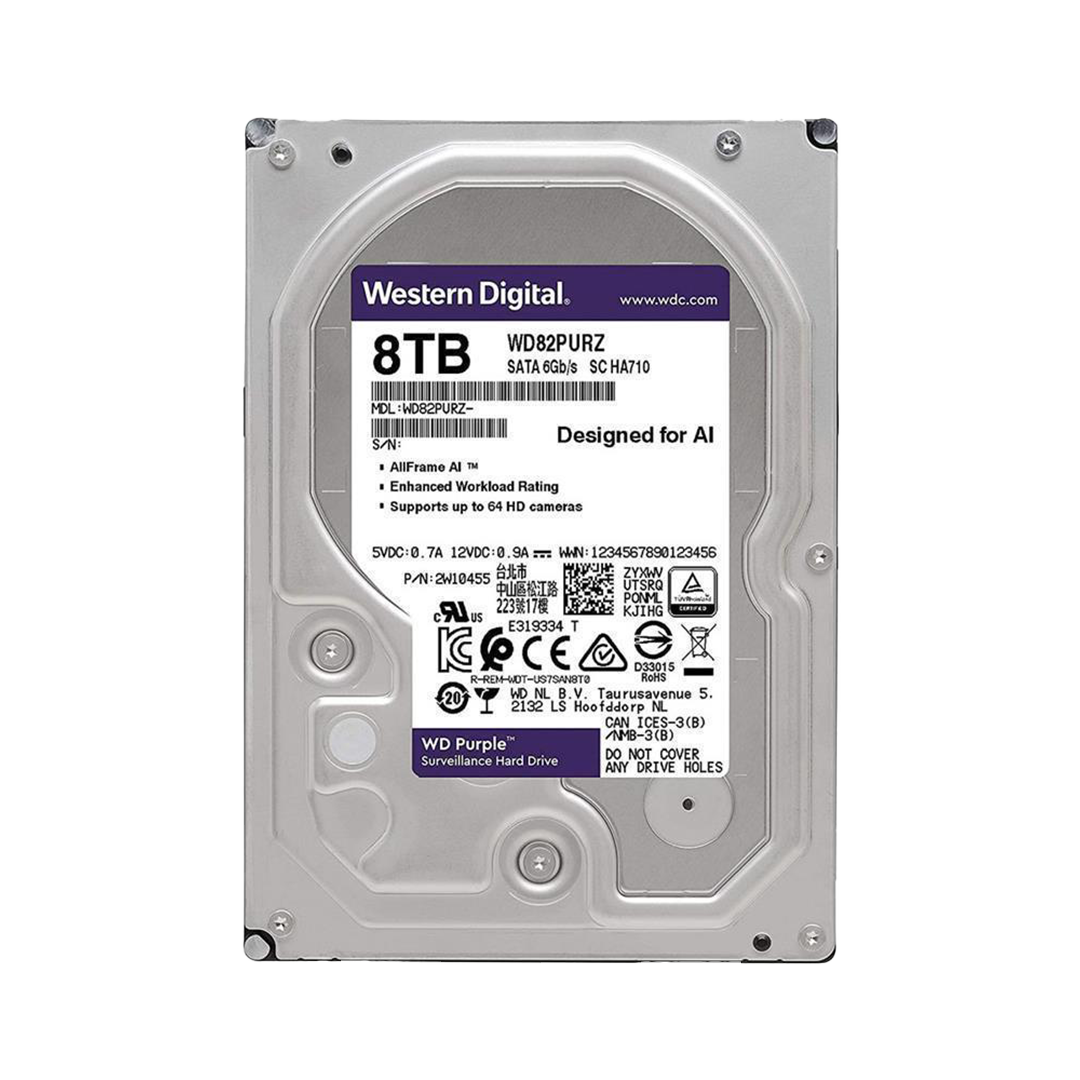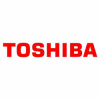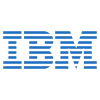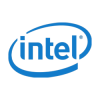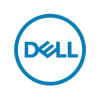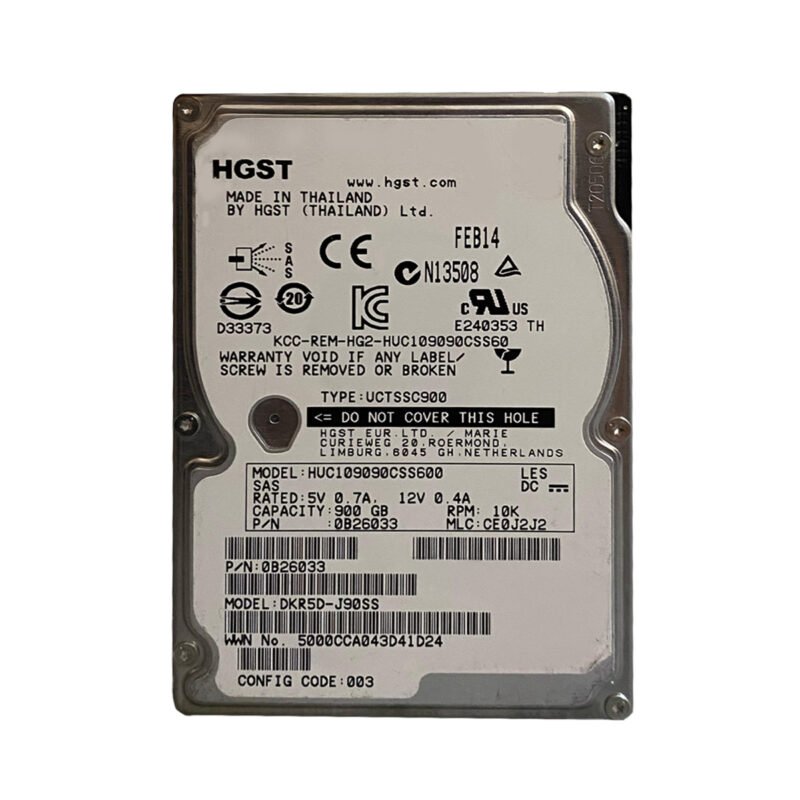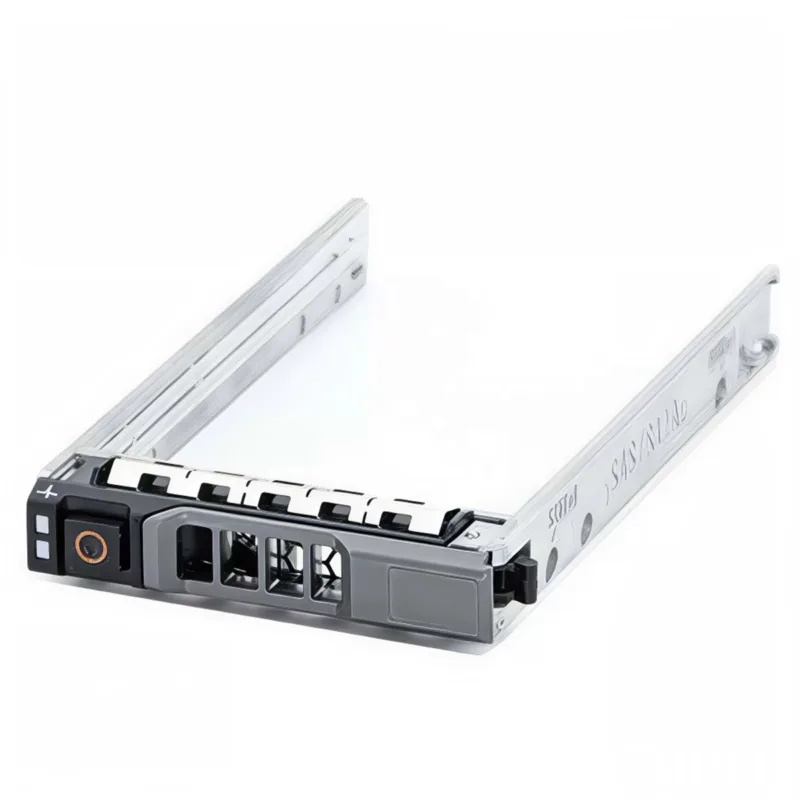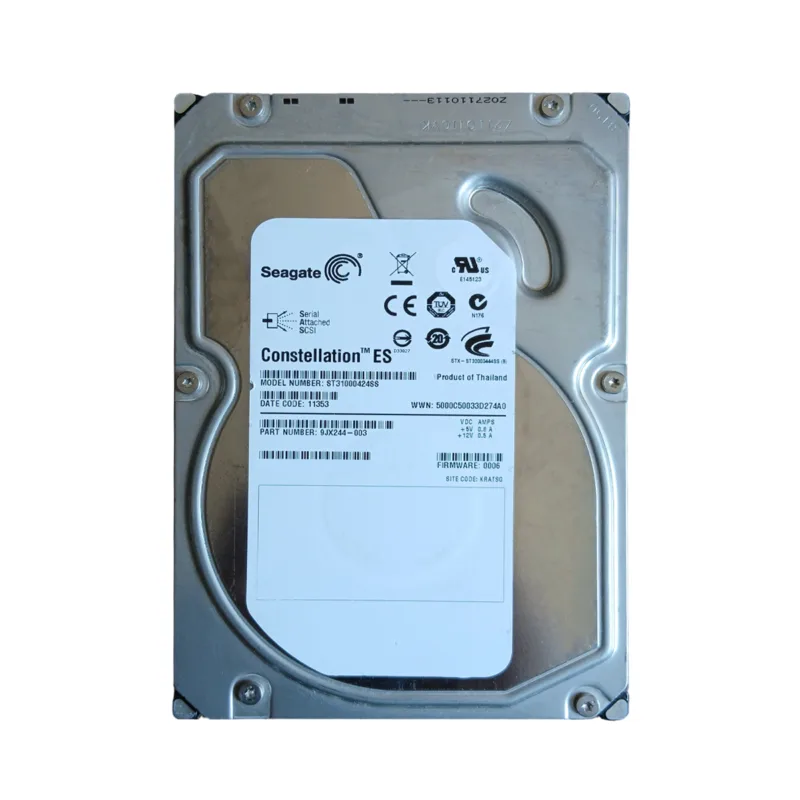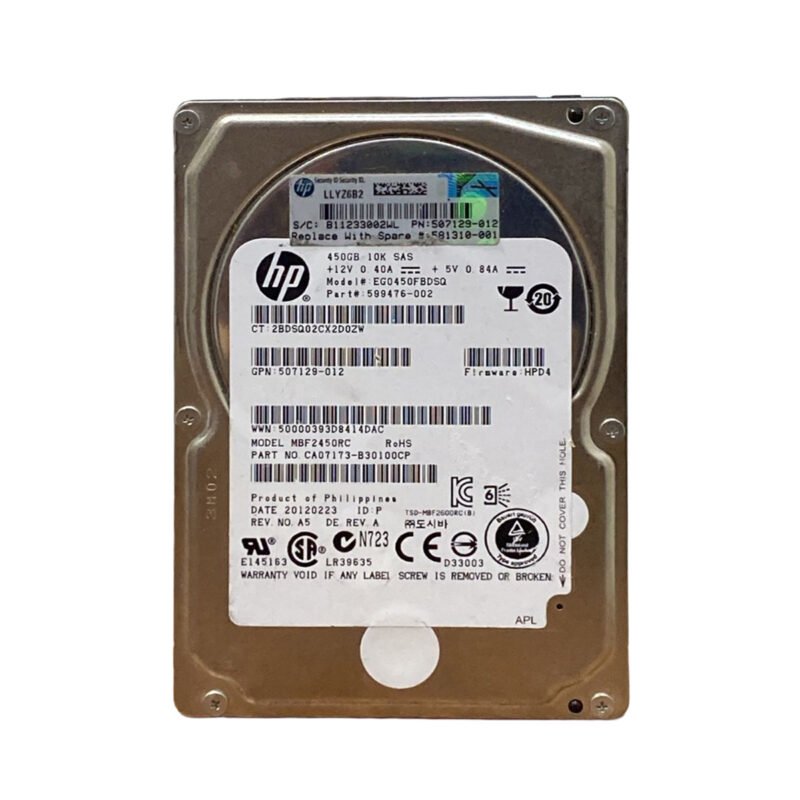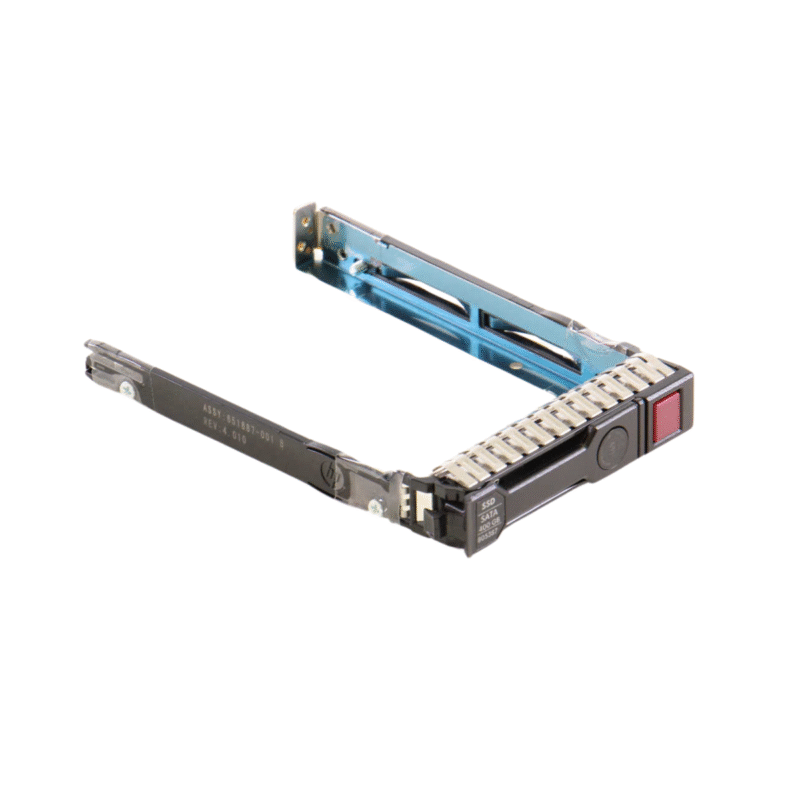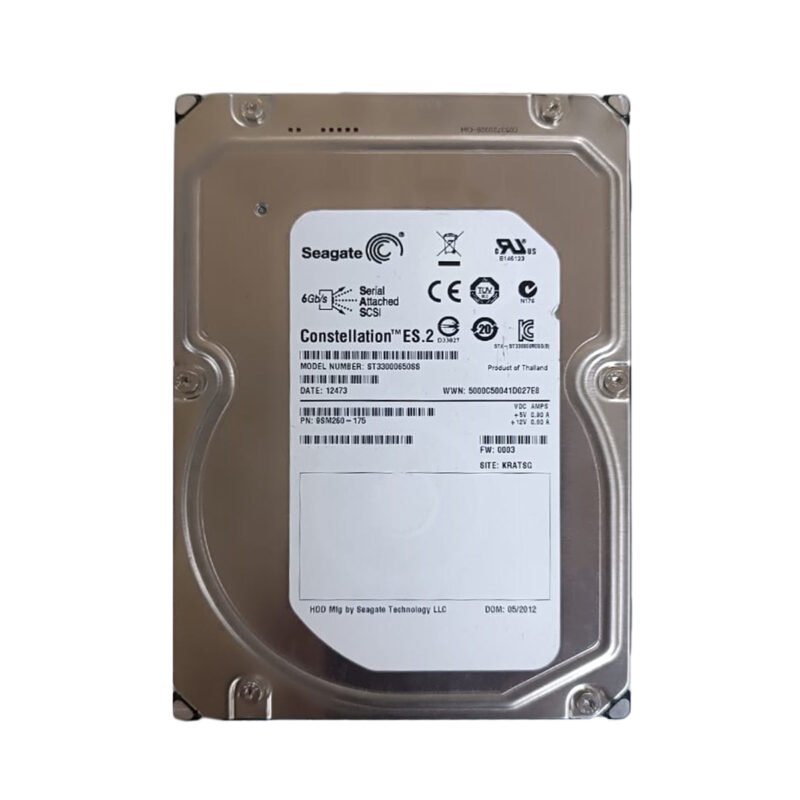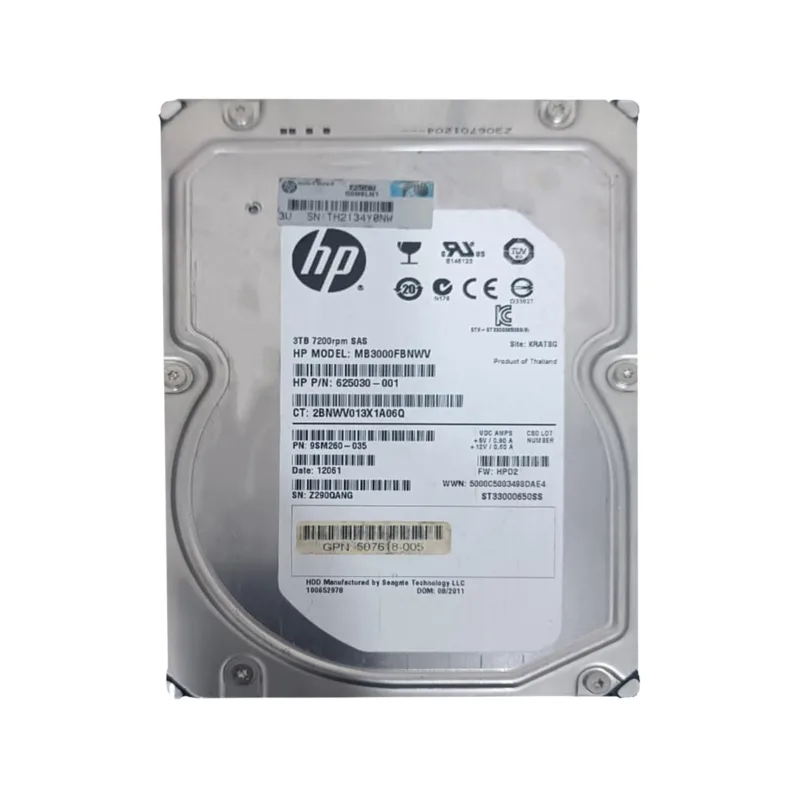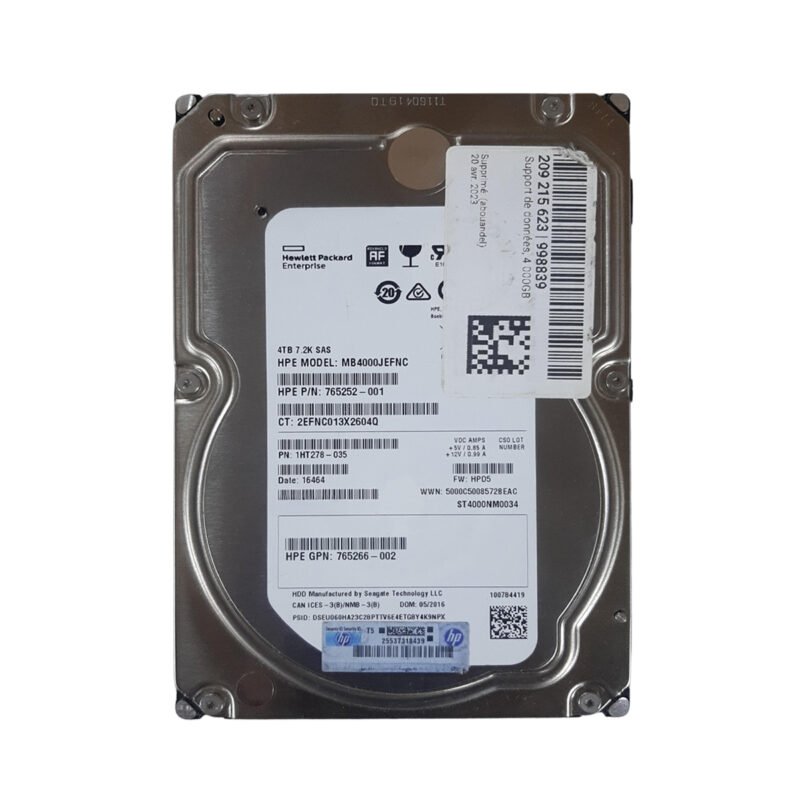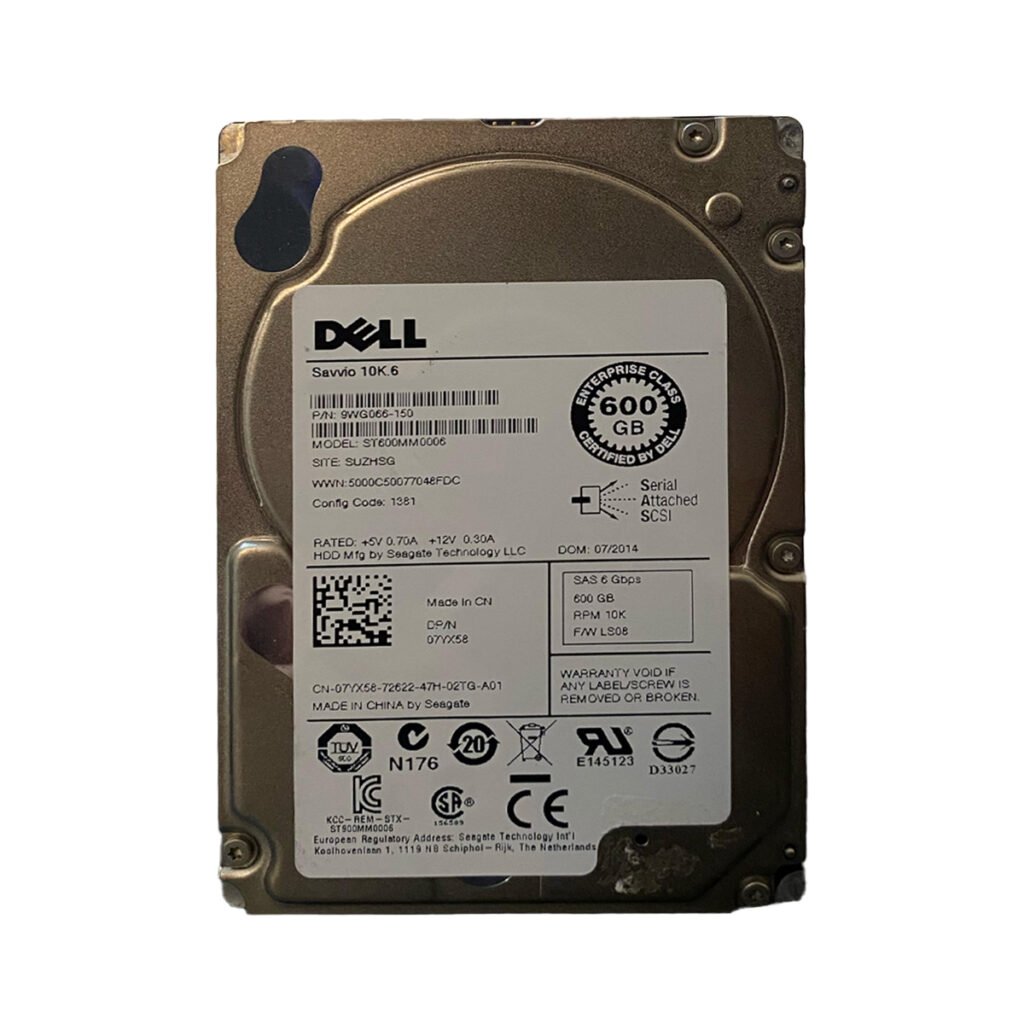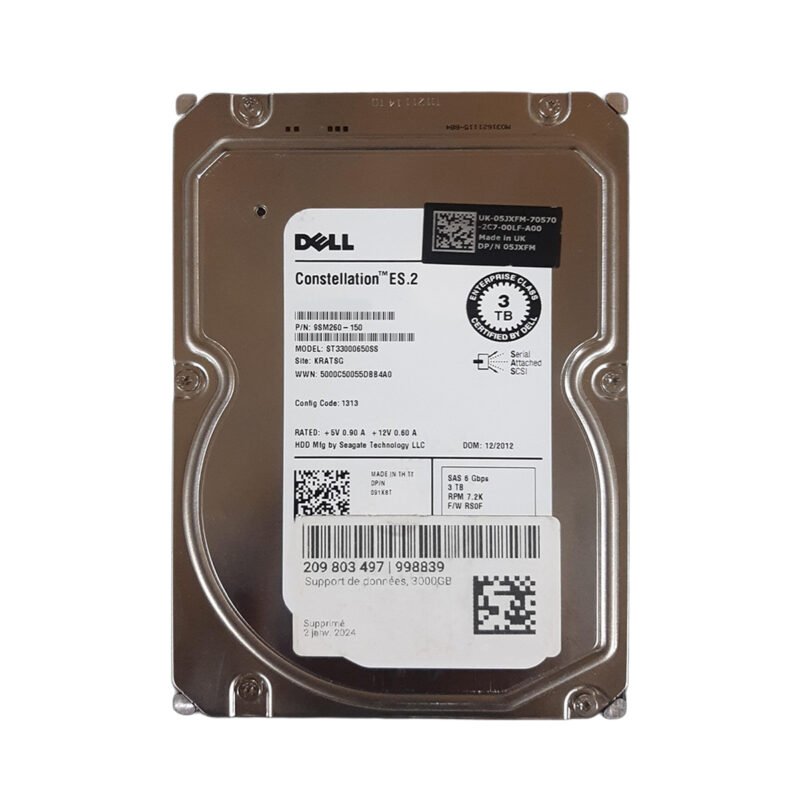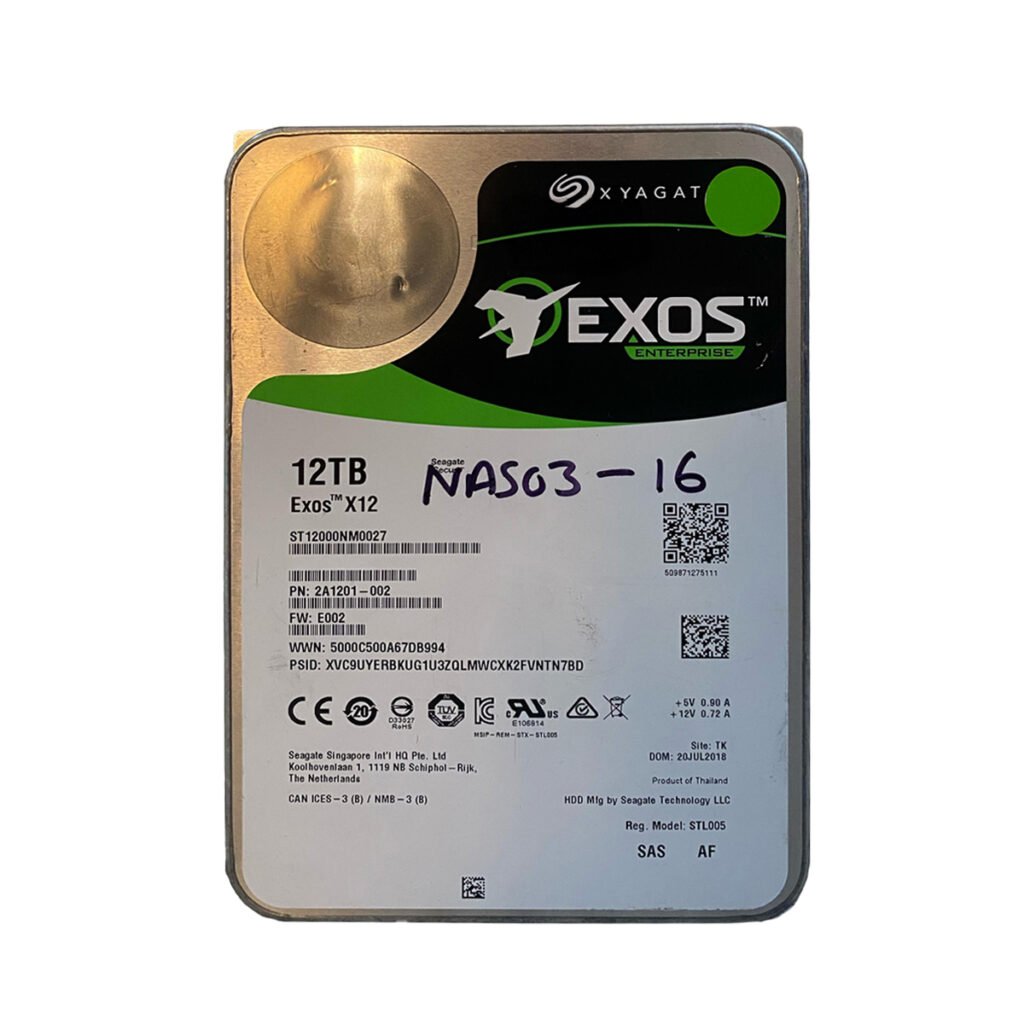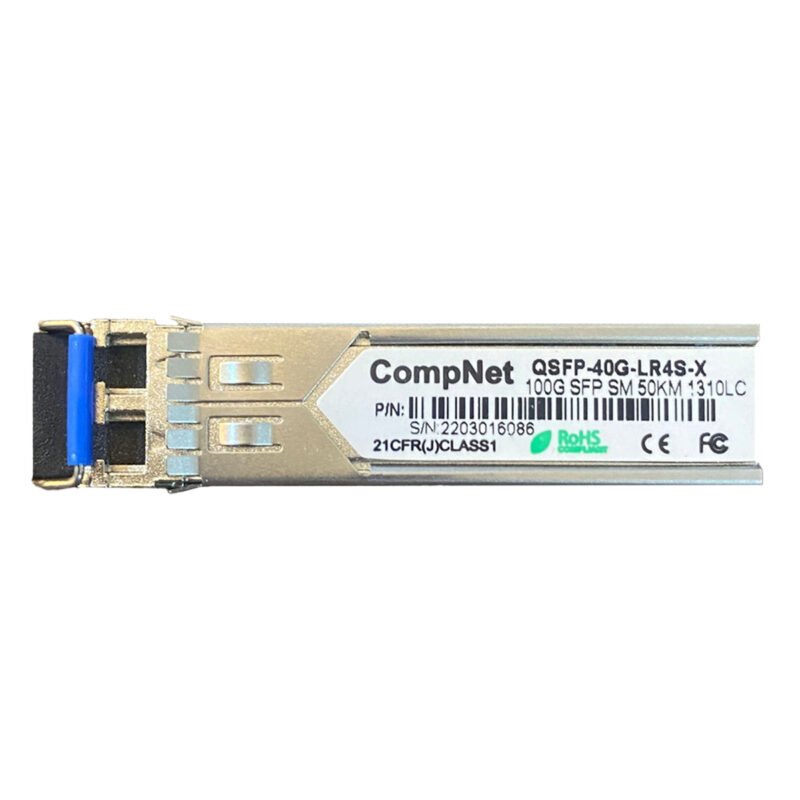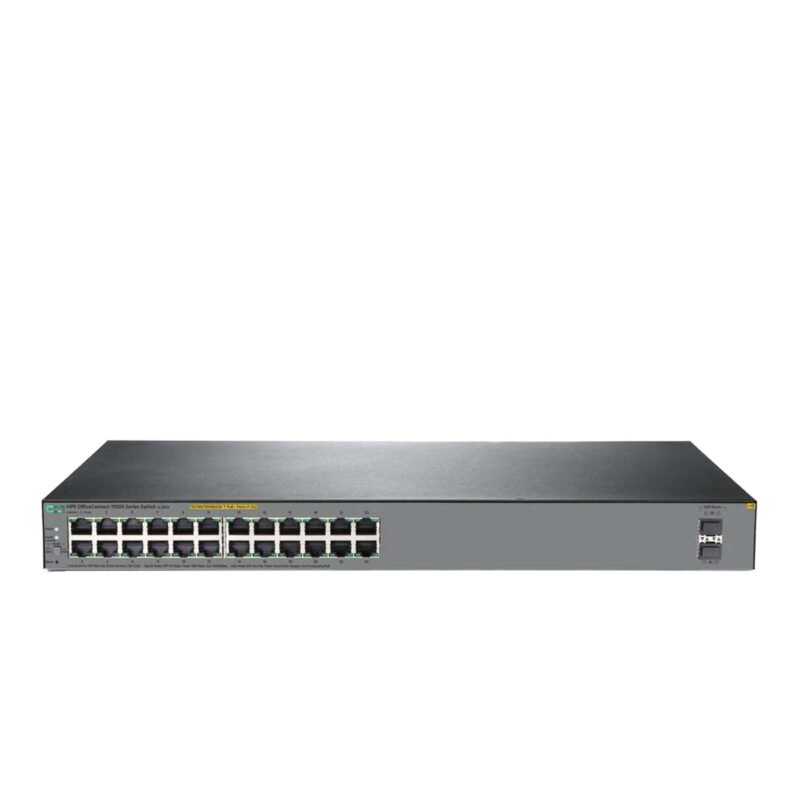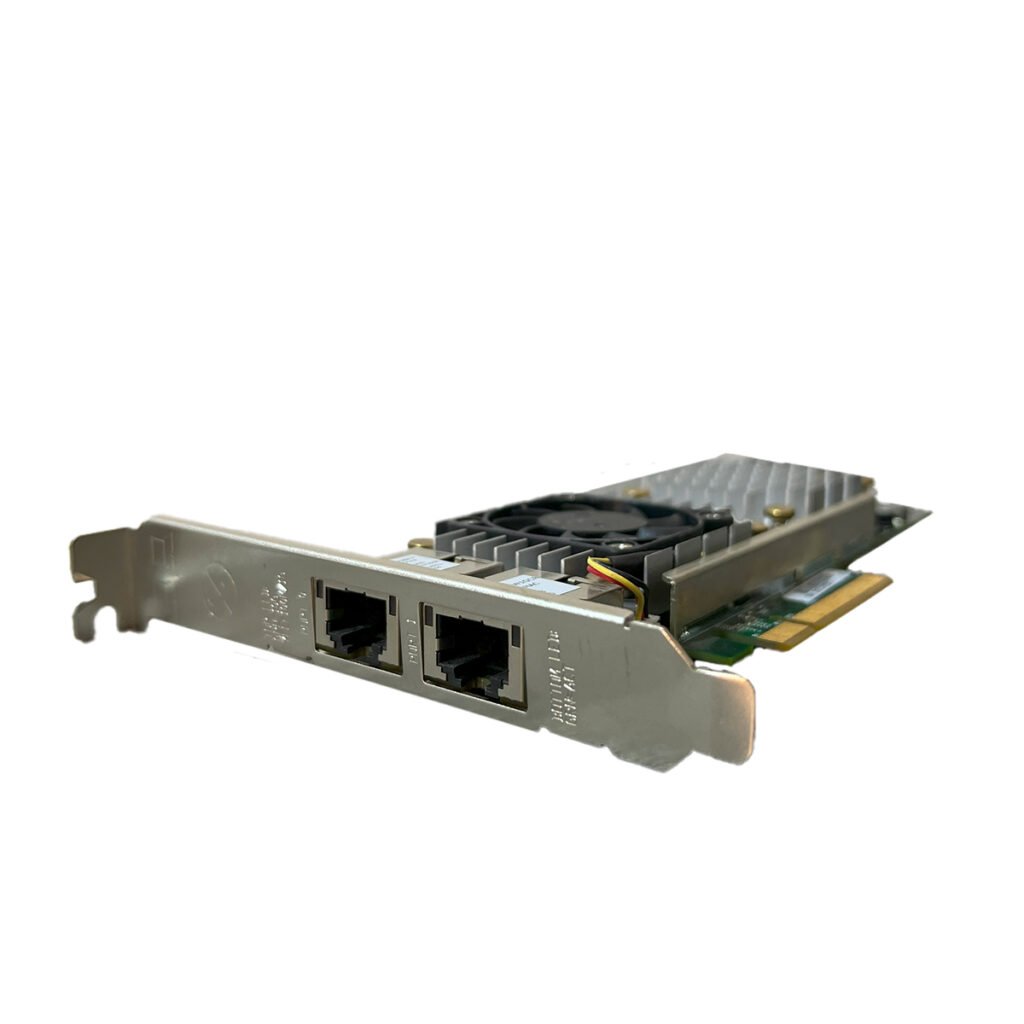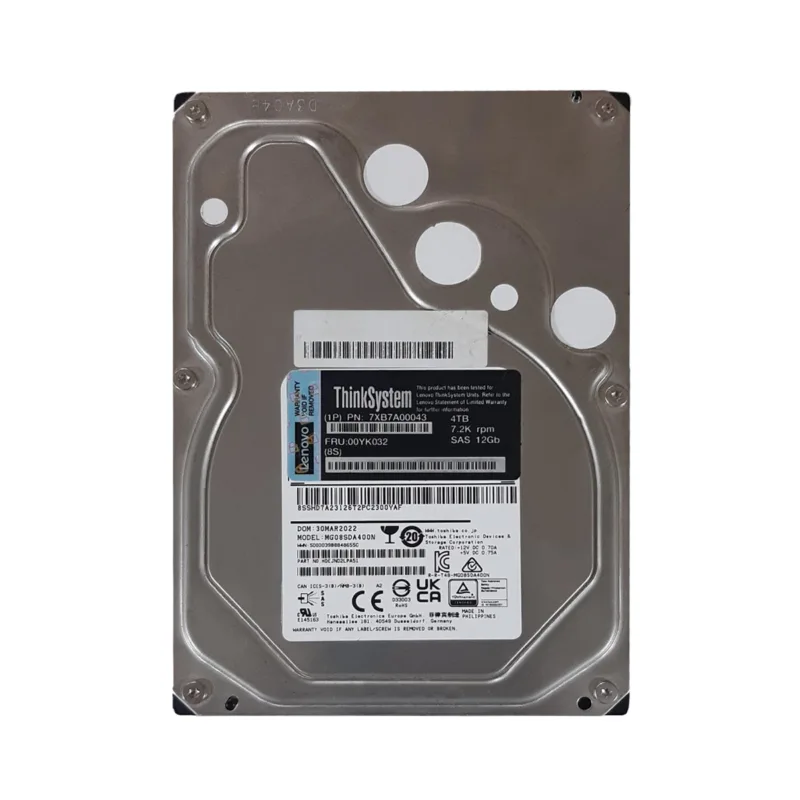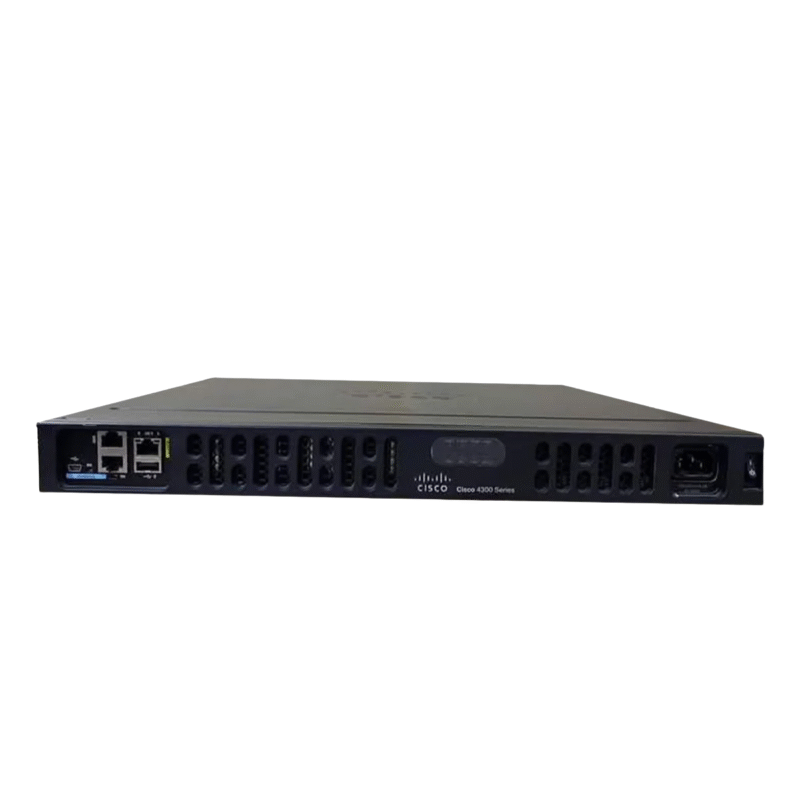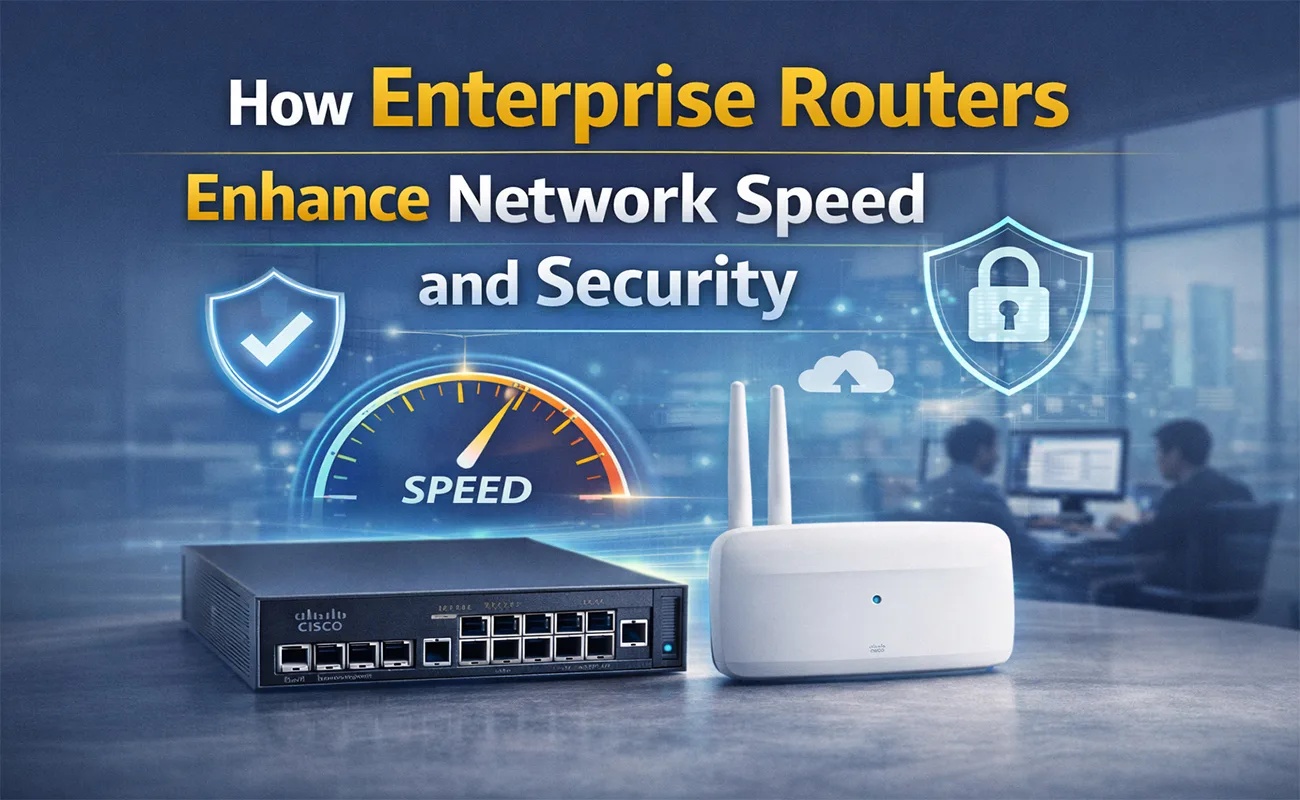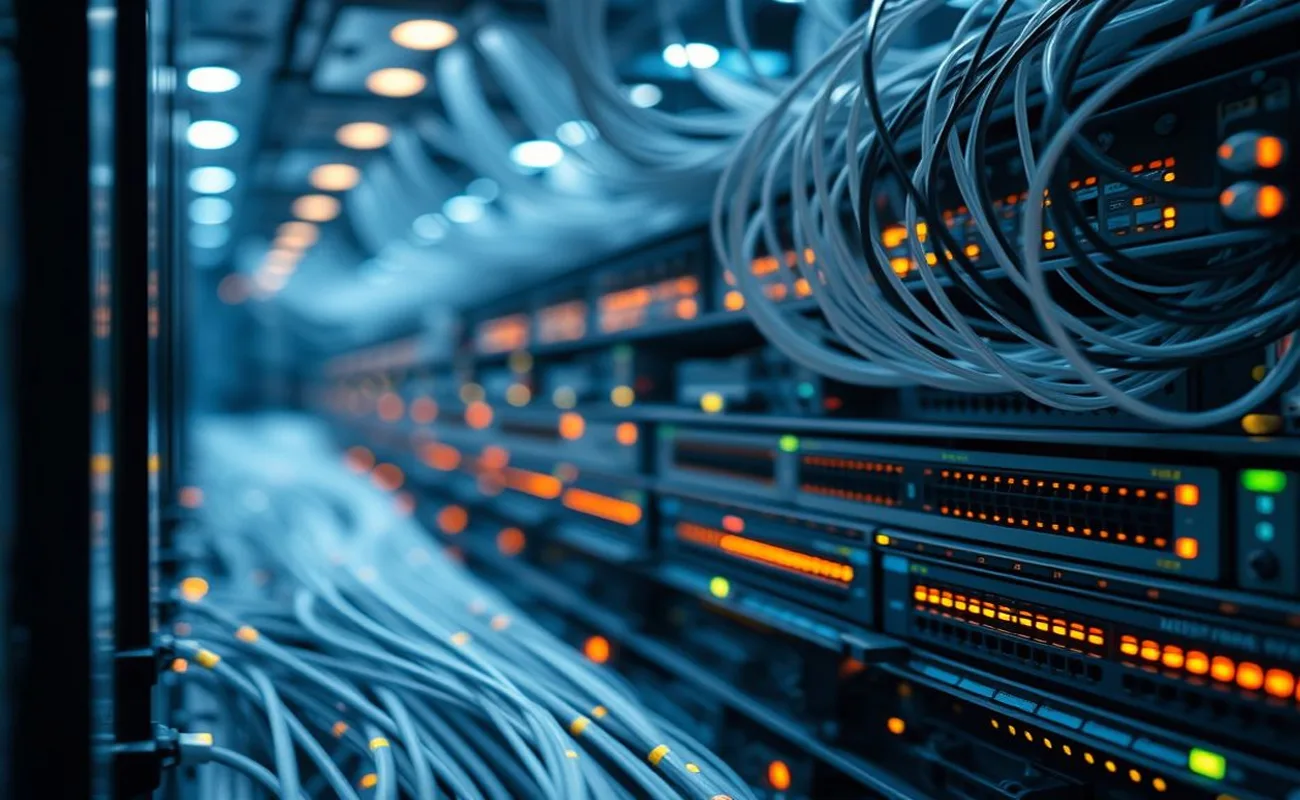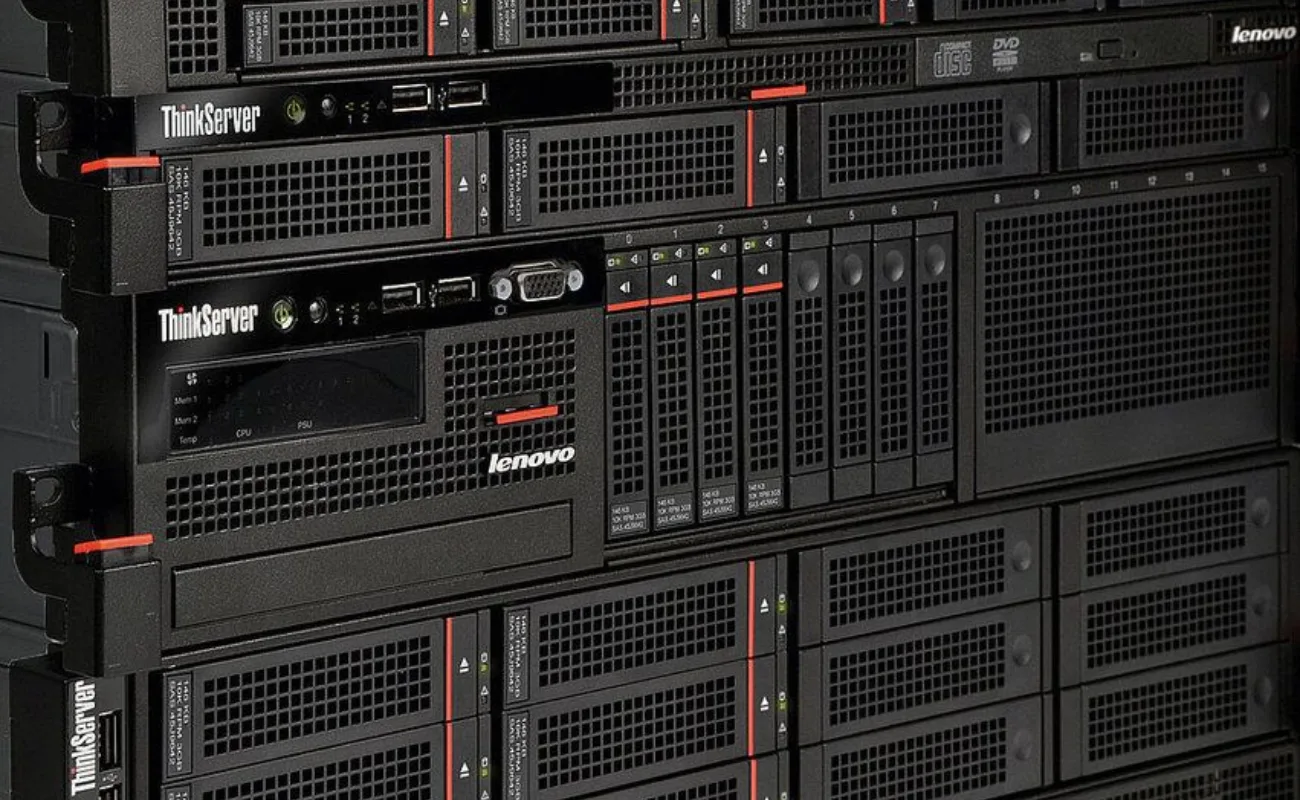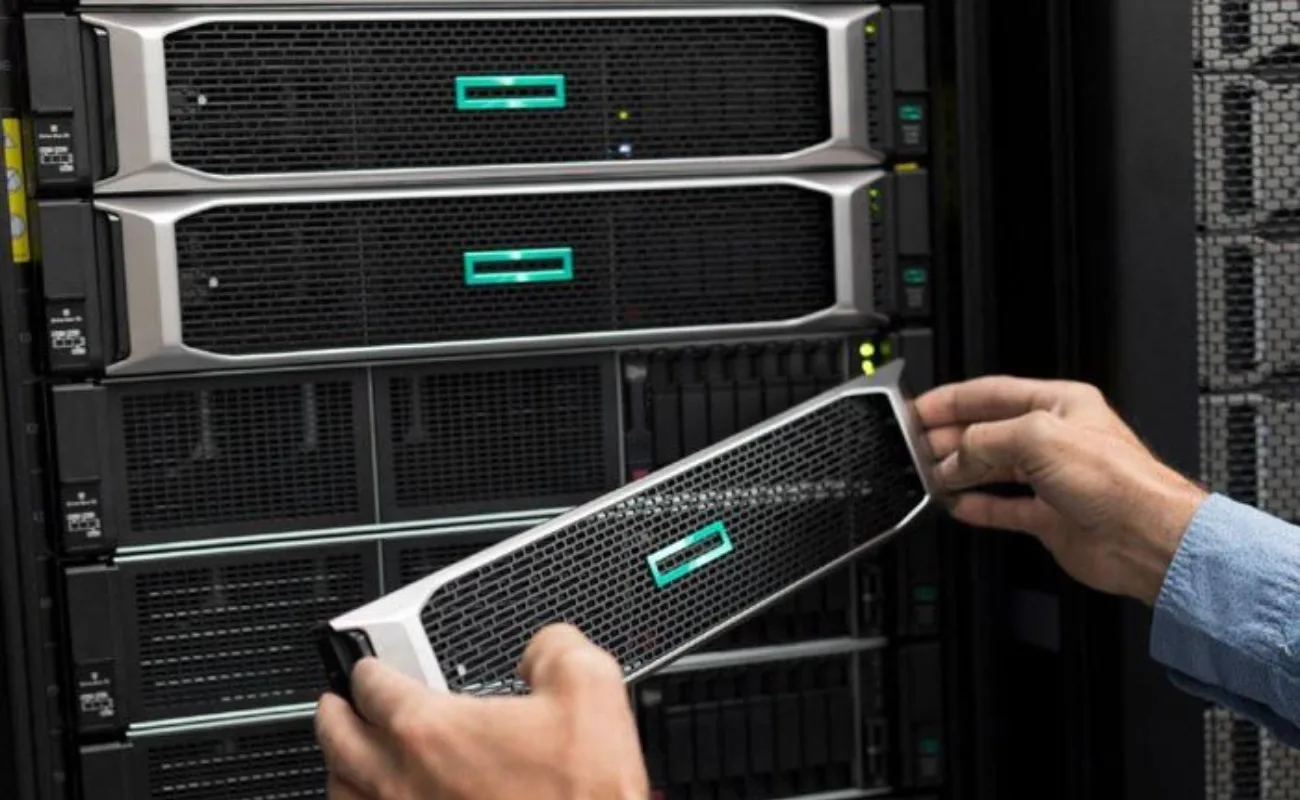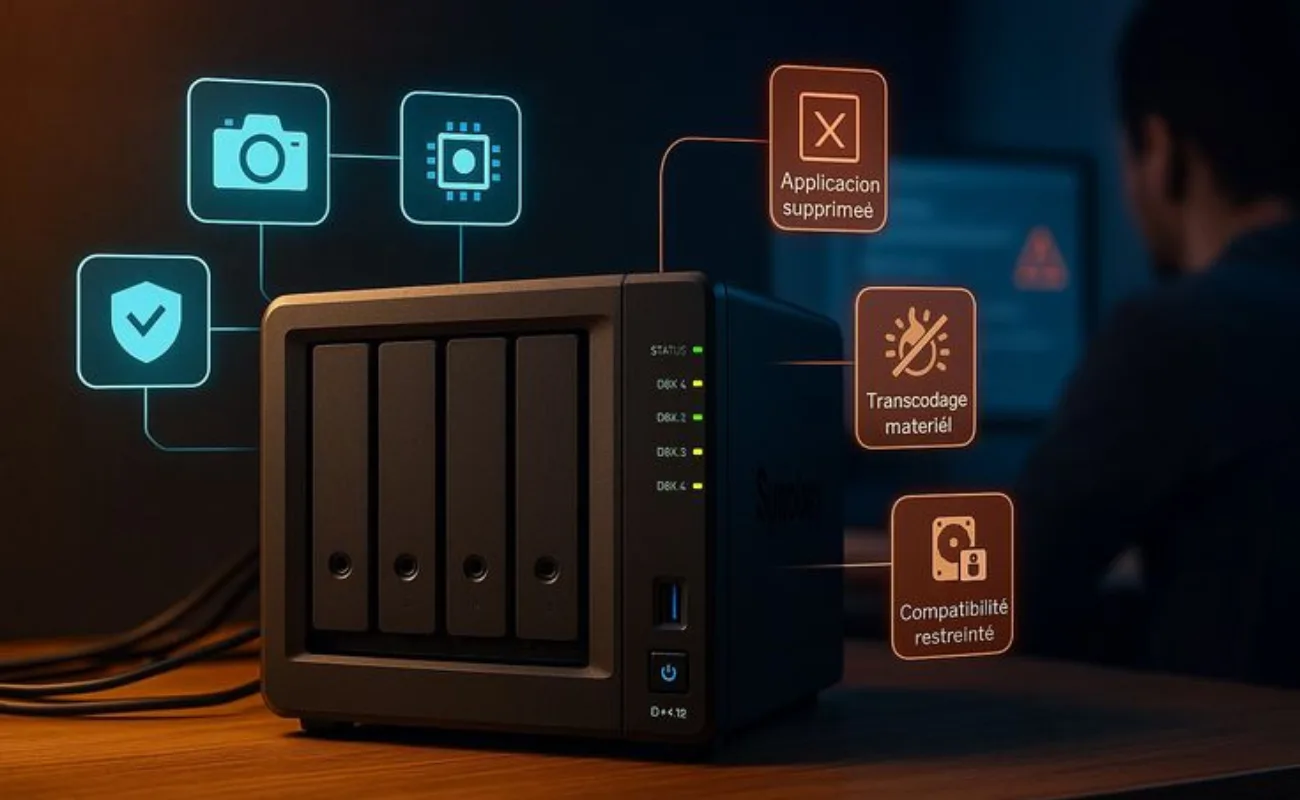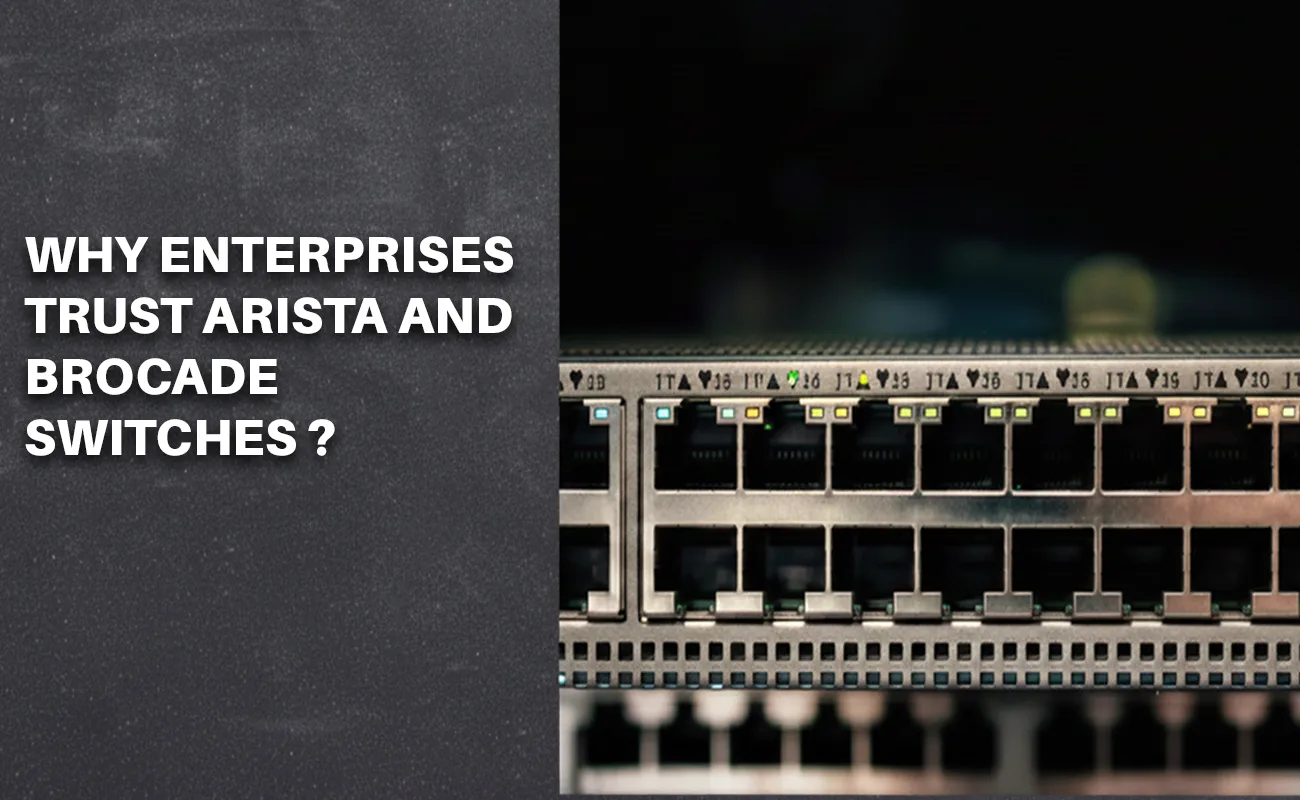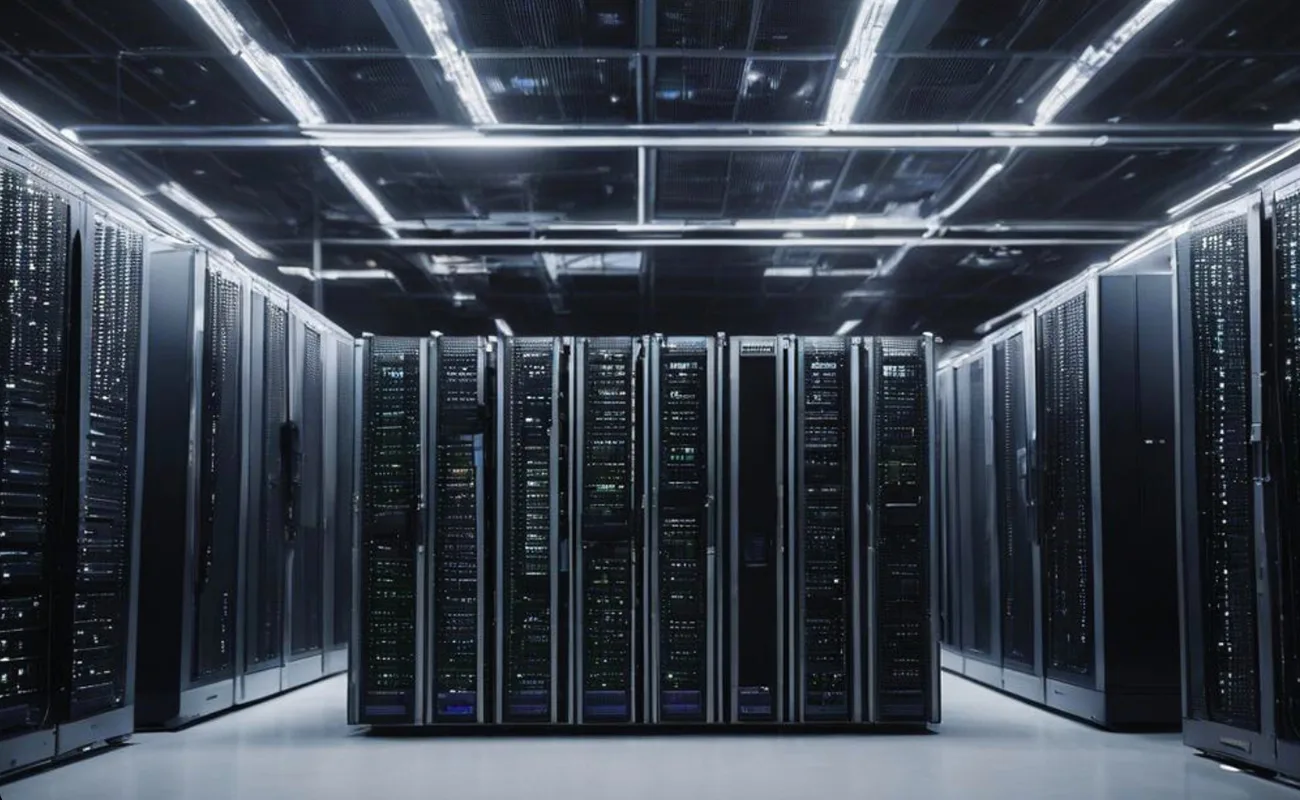
Dell vs HPE Blade Servers: A Comparison Guide – Complete Resource for Egyptian Businesses
In Egypt’s fast-growing digital economy, companies are constantly searching for powerful and cost-efficient servers to support their operations. Among the top choices, Dell vs HPE Blade Servers: A Comparison Guide stands out as a crucial reference for modern data centers. This complete guide provides a detailed analysis, integrating insights from Understanding Blade Servers: Architecture and Key Benefits, to help IT managers and decision-makers choose the ideal option for their needs.
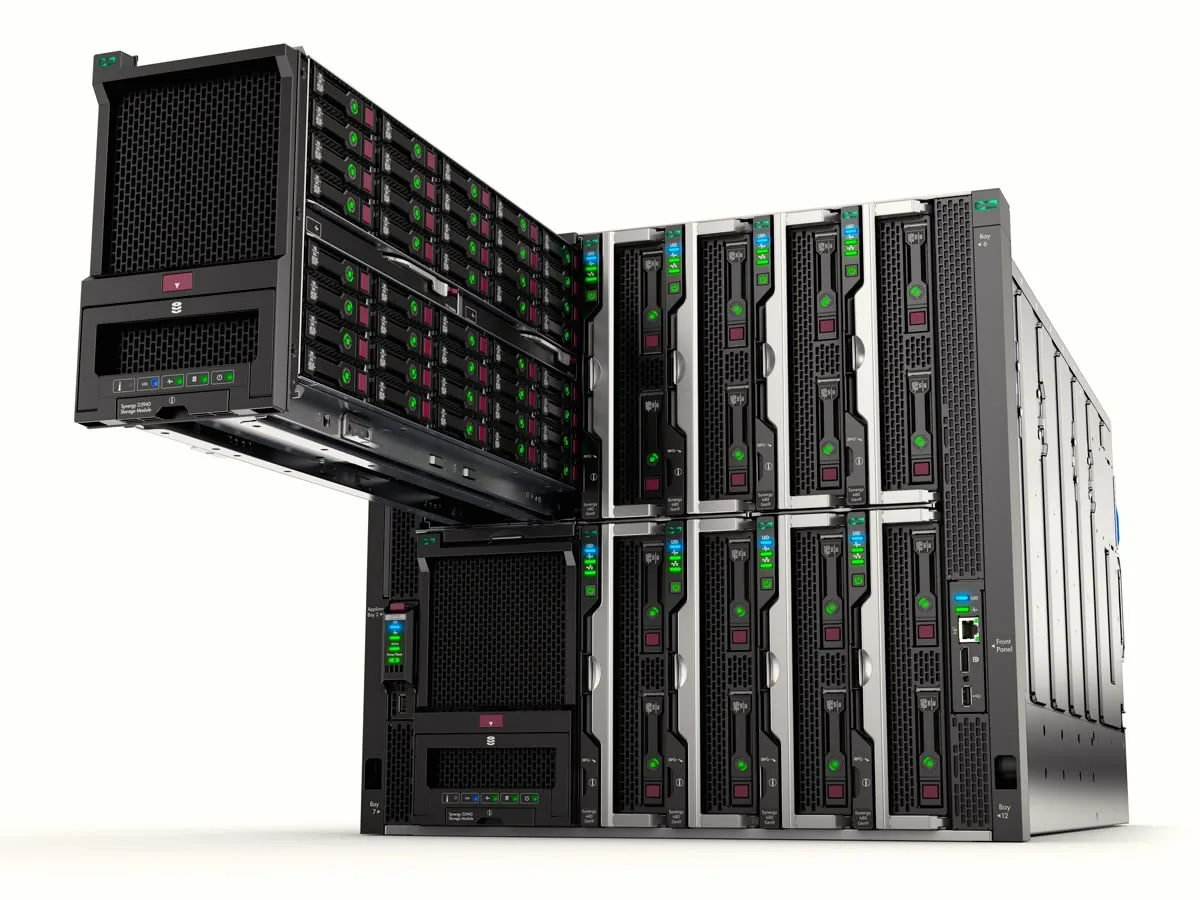
“Comprehensive comparison of Dell and HPE blade servers covering performance, energy efficiency, and pricing for businesses.”
Why Egyptian Businesses Compare Dell vs HPE Blade Servers
Egyptian companies increasingly rely on advanced data centers to run critical applications and services. Choosing between Dell vs HPE Blade Servers is crucial for organizations that need high performance, scalability, and reliable local support.
Cost Efficiency: Blade servers save energy and reduce cooling expenses, making them budget-friendly for growing enterprises.
Local Support: Both Dell and HPE have strong reseller and support networks across Egypt, ensuring quick maintenance and spare parts availability.
Future Expansion: Blade architecture allows adding more computing power without replacing the entire infrastructure, a key benefit for rapidly expanding businesses.
Understanding Blade Servers: Architecture and Key Benefits
Before diving into the comparison, it’s essential to understand blade server architecture and why these systems are so popular.
Blade servers are built around a chassis that houses multiple thin, modular server boards—or “blades.” This design provides several advantages:
Space-Saving Design: Multiple blades fit into a single chassis, reducing the physical footprint in a data center.
Energy Efficiency: Shared power and cooling systems lower energy consumption compared to traditional rack or tower servers.
Scalability: IT teams can add or remove blades as needed, scaling resources without major upgrades.
These benefits make blade servers Egypt a smart choice for companies looking to optimize costs while ensuring reliable performance.
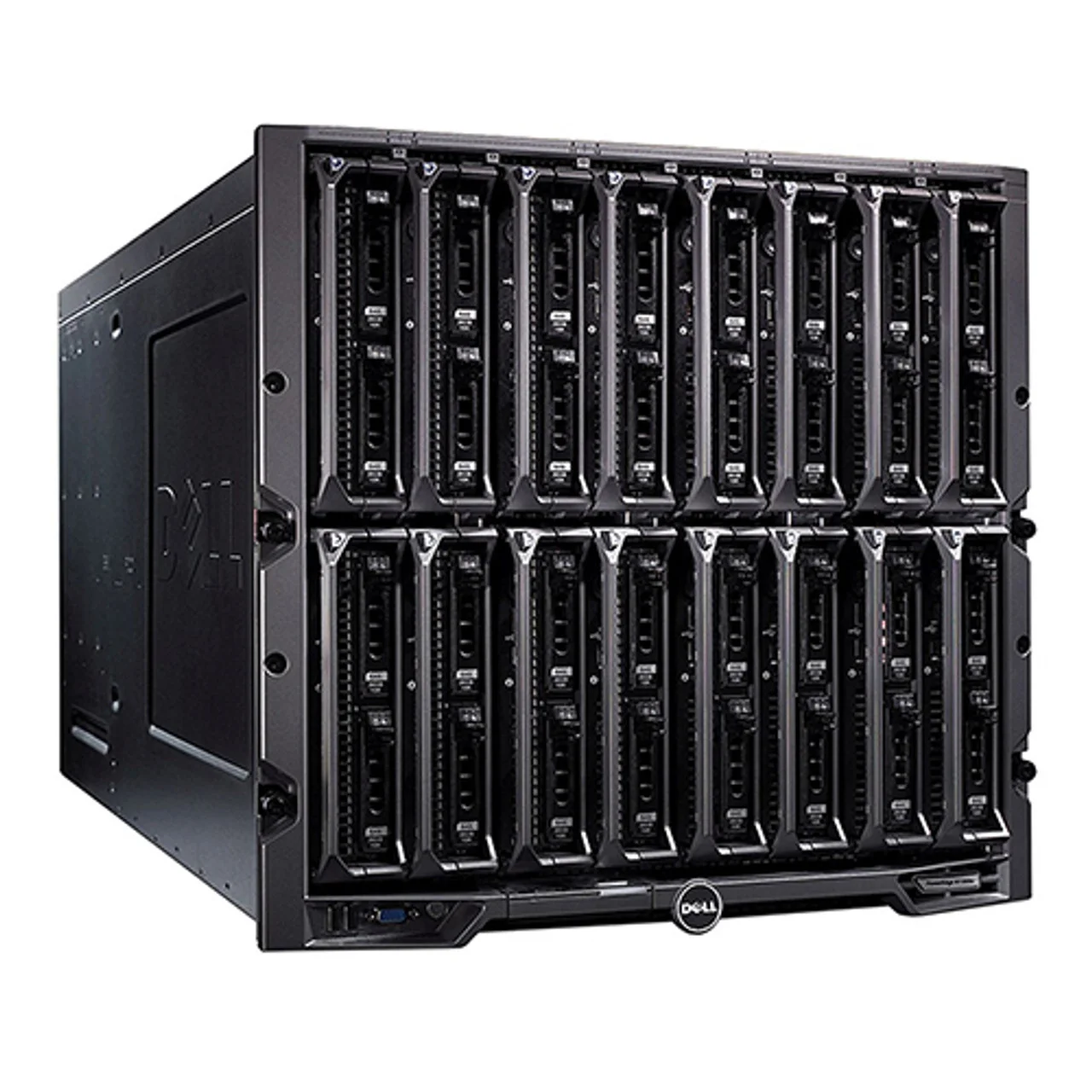
Dell Blade Servers Overview: PowerEdge Technology for Modern Data Centers
Dell blade servers, particularly the Dell PowerEdge Egypt series, are known for strong performance and enterprise-grade reliability.
High Performance: Equipped with powerful processors and large memory capacities, Dell Blade Servers handle demanding workloads such as virtualization and database management.
Advanced Management: Dell’s iDRAC (Integrated Dell Remote Access Controller) allows IT administrators to monitor and manage servers remotely.
Cloud-Ready: PowerEdge servers integrate smoothly with cloud environments, making them an excellent choice for businesses adopting hybrid or private cloud solutions.
For Egyptian companies, Dell provides robust after-sales service and a broad network of authorized partners, ensuring dependable support.
HPE Blade Servers Explained: Synergy Features and Market Edge
HPE Blade Servers, especially those with HPE Synergy features, offer a flexible, software-defined infrastructure that meets the needs of both mid-sized and large enterprises.
Composable Infrastructure: HPE Synergy unifies compute, storage, and networking resources.
Smart Management: Tools like HPE OneView simplify monitoring, provisioning, and scaling.
Energy Efficiency: HPE’s blade servers are designed for low power consumption, a critical factor in reducing operational costs.
Egyptian IT managers often choose HPE for its innovation and ability to deliver consistent performance in high-demand environments.
Dell vs HPE Blade Servers: Key Performance and Reliability Comparison
When comparing Dell vs HPE blade servers, both brands deliver exceptional results, but there are some differences:
Processing Power: Dell PowerEdge excels in heavy-duty processing tasks, making it ideal for resource-intensive applications.
Scalability: HPE Synergy provides excellent flexibility for businesses that expect frequent scaling.
- Support and Maintenance: Both companies have strong support in Egypt, but Dell’s extensive service network can be a deciding factor for some enterprises.
This section of the Dell vs HPE Blade Servers: A Comparison Guide highlights that each vendor has strengths worth considering based on workload and growth plans.
Real-World Blade Server Use Cases in Egypt
This Dell vs HPE Blade Servers: A Comparison Guide would not be complete without examining how Egyptian companies use blade technology in practice.
Banking and Financial Services: Banks depend on the best blade servers to handle millions of transactions per second, providing low-latency processing and high availability.
E-Commerce Platforms: Online retailers face unpredictable traffic surges, especially during shopping seasons like Ramadan. Blade servers allow rapid scaling, enabling businesses to meet spikes in customer demand without downtime.
Healthcare Providers: Hospitals and medical labs rely on blade servers for medical imaging, big-data analytics, and electronic health records.
Government Agencies: In Egypt data centers, ministries and public service departments deploy blade servers for secure citizen data storage.
These examples reinforce why the Dell vs HPE Blade Servers: A Comparison Guide is essential for understanding practical deployments.
Choosing the Best Blade Server for Egyptian Data Centers
For IT managers who must choose blade servers, the decision often comes down to workload and scalability.
Dell blade servers suit organizations requiring maximum processing power and long hardware life, while HPE excels when flexibility and composable infrastructure are top priorities.
Using the Dell vs HPE Blade Servers: A Comparison Guide ensures that decision-makers weigh all technical and budget factors carefully.
Blade vs Rack Servers—Understanding the Alternatives
Some organizations consider blade vs rack servers to determine the most cost-effective architecture.
Rack servers provide modular growth without the upfront investment of a full blade chassis and can be ideal for smaller Egyptian data centers.
However, blade servers deliver higher density and better energy efficiency, which can significantly reduce long-term operating costs.
By referring again to the Dell vs HPE Blade Servers: A Comparison Guide, businesses can evaluate whether blade or rack infrastructure best fits their operational priorities.
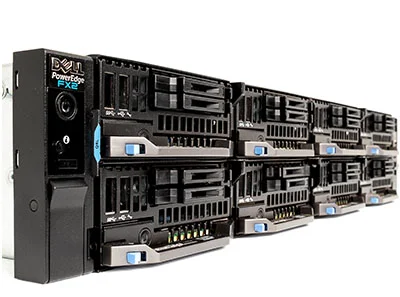
Security and Data Protection for Egyptian Enterprises
In Egypt’s highly regulated industries, blade server security is critical.
Dell integrates automated cyber-resilience features, while HPE offers advanced encryption and compliance tools for data protection Egypt.
Both vendors ensure that sensitive financial or healthcare data remains secure.
Energy Efficiency and Cooling: Reducing Costs in Egyptian Server Rooms
Energy costs in Egypt can have a major impact on total ownership expenses. Both vendors prioritize blade server energy efficiency, with shared cooling systems and smart power management Egypt features. Dell employs dynamic fan control to reduce consumption, while HPE leverages advanced thermal sensors to maintain optimal temperature with minimal power.
Virtualization and Cloud Integration: Which Server Is More Future-Ready?
The ability to run virtual machines and integrate with cloud platforms is critical for modern enterprises. Dell’s servers excel in blade server virtualization, offering strong support for VMware and Hyper-V. HPE delivers flexible deployment for cloud-ready servers Egypt, ensuring rapid scaling of hybrid or private cloud environments.
Pricing and Total Cost of Ownership: Dell vs HPE in the Egyptian Market
Budget planning requires a clear view of blade server cost Egypt. While Dell vs HPE pricing can vary by configuration, HPE often provides competitive upfront costs, whereas Dell may offer longer hardware lifecycles, reducing replacement expenses.
The Dell vs HPE Blade Servers: A Comparison Guide emphasizes that decision-makers should calculate total cost of ownership—including energy and maintenance—before committing.
After-Sales Support and Warranty Services in Egypt
Reliable server support Egypt is essential for uninterrupted operations. Dell is known for its extensive local partner network and responsive warranty programs. HPE also maintains strong regional coverage and offers proactive monitoring through Dell HPE maintenance agreements.
Why Blade Servers Stand Out in Egypt’s Market
Blade servers bring several advantages particularly valuable in the Egyptian context:
Energy Efficiency: Consolidated power and cooling reduce electricity costs.
Simplified Management: Centralized control allows IT teams to add or remove blades quickly.
High Density: Blade architecture saves physical space.
Cloud-Ready Design: Native support for virtualization and cloud integration.
These benefits further confirm why the Dell vs HPE Blade Servers: A Comparison Guide is vital for understanding how blade technology supports Egypt’s growing enterprises.
Conclusion: Making the Right Choice
This enhanced Dell vs HPE Blade Servers: A Comparison Guide shows that both brands offer advanced technology, scalability, and reliable local support.
Pick Dell blade servers if you need maximum processing power, long hardware lifespan, and extensive service coverage.
Choose HPE blade servers if flexible scalability, advanced energy management, and composable infrastructure are top priorities.
As Egypt’s digital economy grows, having the right blade infrastructure is essential.
Review this Dell vs HPE Blade Servers: A Comparison Guide, evaluate your workloads, and consult a certified local partner to get a tailored solution that supports your organization’s future.
Performance Benchmarking for Egyptian Data Centers
When exploring the Dell vs HPE Blade Servers: A Comparison Guide, performance benchmarking plays a decisive role.
Egyptian enterprises running heavy analytics, AI workloads, or 24/7 online services need clear metrics.
Independent tests often show Dell PowerEdge servers delivering exceptional throughput for CPU-intensive tasks, while HPE Synergy provides balanced performance across mixed workloads.
Including these benchmarks in the Dell vs HPE Blade Servers: A Comparison Guide helps IT managers match server capabilities to specific business demands.
Integration with Existing IT Infrastructure
Another important element in the Dell vs HPE Blade Servers: A Comparison Guide is how each platform fits into legacy systems.
Many Egyptian companies operate hybrid environments where older rack servers coexist with modern blade setups.
Dell offers seamless migration tools and backward-compatible firmware updates, whereas HPE focuses on software-defined integration through OneView and Synergy Composer.
Highlighting these options in the Dell vs HPE Blade Servers: A Comparison Guide ensures smooth transitions with minimal downtime.
Total Cost of Ownership Over Five Years
Budget planning extends beyond purchase price.
A comprehensive Dell vs HPE Blade Servers: A Comparison Guide must evaluate energy usage, cooling requirements, licensing, and long-term maintenance.
Studies show that while HPE often offers a slightly lower upfront cost, Dell’s extended hardware lifecycle can reduce replacement expenses, making it competitive over a five-year span.
For Egyptian businesses, these cost analyses inside the Dell vs HPE Blade Servers: A Comparison Guide provide a realistic view of financial impact.
Vendor Ecosystem and Local Partnerships
Local support networks are a key focus in the Dell vs HPE Blade Servers: A Comparison Guide for Egypt.
Dell maintains a wide network of certified partners across Cairo, Alexandria, and other major cities, ensuring rapid response and spare-parts availability.
HPE also collaborates with trusted regional resellers, offering proactive monitoring and quick service dispatch.
Comparing these ecosystems in the Dell vs HPE Blade Servers: A Comparison Guide gives IT leaders confidence in post-purchase support.
Sustainability and Green IT Goals
As sustainability becomes a priority, the Dell vs HPE Blade Servers: A Comparison Guide highlights energy efficiency and eco-friendly manufacturing.
Dell implements advanced dynamic cooling and recyclable materials, while HPE leverages low-power processors and optimized airflow to minimize environmental impact.
For Egyptian enterprises seeking to meet green IT targets, these details in the Dell vs HPE Blade Servers: A Comparison Guide can influence procurement decisions.
Advanced Virtualization Strategies
Virtualization is a critical topic in the Dell vs HPE Blade Servers: A Comparison Guide.
Dell PowerEdge systems integrate tightly with VMware and Hyper-V, supporting dense virtual machine deployments.
HPE Synergy excels with automated provisioning for containers and Kubernetes clusters.
Including these details in the Dell vs HPE Blade Servers: A Comparison Guide helps Egyptian IT teams plan future-ready virtual infrastructures.
Disaster Recovery and Business Continuity
A strong disaster-recovery plan is essential for Egyptian enterprises.
The Dell vs HPE Blade Servers: A Comparison Guide explains how Dell offers built-in cyber-resilience and rapid backup tools, while HPE provides secure snapshot replication and high-availability clustering.
This comparison ensures decision-makers understand how each platform protects mission-critical data.
AI and Machine Learning Workloads
The rise of AI in Egypt’s banking, retail, and healthcare sectors adds weight to the Dell vs HPE Blade Servers: A Comparison Guide.
Dell’s GPU-ready PowerEdge blades deliver high compute density for training neural networks.
HPE Synergy supports flexible GPU expansion, making it ideal for scaling AI pilots into production.
Compliance with Egyptian Data Regulations
Regulatory compliance is a growing priority.
The Dell vs HPE Blade Servers: A Comparison Guide highlights how Dell provides automated firmware validation and encrypted boot features, while HPE integrates strong role-based access controls and government-grade encryption to meet Egyptian data-privacy laws.
Network Fabric and Connectivity
High-speed connectivity determines application responsiveness.
Within the Dell vs HPE Blade Servers: A Comparison Guide, Dell showcases support for next-gen Ethernet fabrics, whereas HPE offers advanced Fibre Channel integration for storage-heavy workloads.
This insight assists IT architects designing low-latency data centers.
Remote Management and Automation
Efficient remote management is critical for multi-site operations.
The Dell vs HPE Blade Servers: A Comparison Guide compares Dell iDRAC automation with HPE OneView orchestration.
Both solutions allow Egyptian IT teams to patch, monitor, and scale servers from a single console.
Security Patching and Firmware Lifecycle
Ongoing patching reduces risk.
The Dell vs HPE Blade Servers: A Comparison Guide details Dell’s automated Secure BIOS updates and HPE’s continuous firmware validation pipeline.
These features simplify compliance and protect Egyptian businesses from emerging cyberthreats.
Storage Flexibility and Expansion
Modern applications require flexible storage options.
In the Dell vs HPE Blade Servers: A Comparison Guide, Dell highlights scalable NVMe support, while HPE emphasizes unified SAN/NAS integration.
This enables IT managers to tailor storage performance to workload demands.
Training and Knowledge Resources
Skilled staff are vital for long-term success.
The Dell vs HPE Blade Servers: A Comparison Guide points to Dell’s extensive online certification programs and HPE’s regional training centers in Egypt.
Easy access to vendor education ensures IT teams can fully leverage advanced blade features.
Long-Term Technology Roadmaps
Strategic planning benefits from knowing each vendor’s roadmap.
The Dell vs HPE Blade Servers: A Comparison Guide shows Dell’s focus on AI-optimized designs and HPE’s investment in composable infrastructure and cloud-native services.
Understanding these trajectories helps Egyptian businesses align purchases with future innovation.



